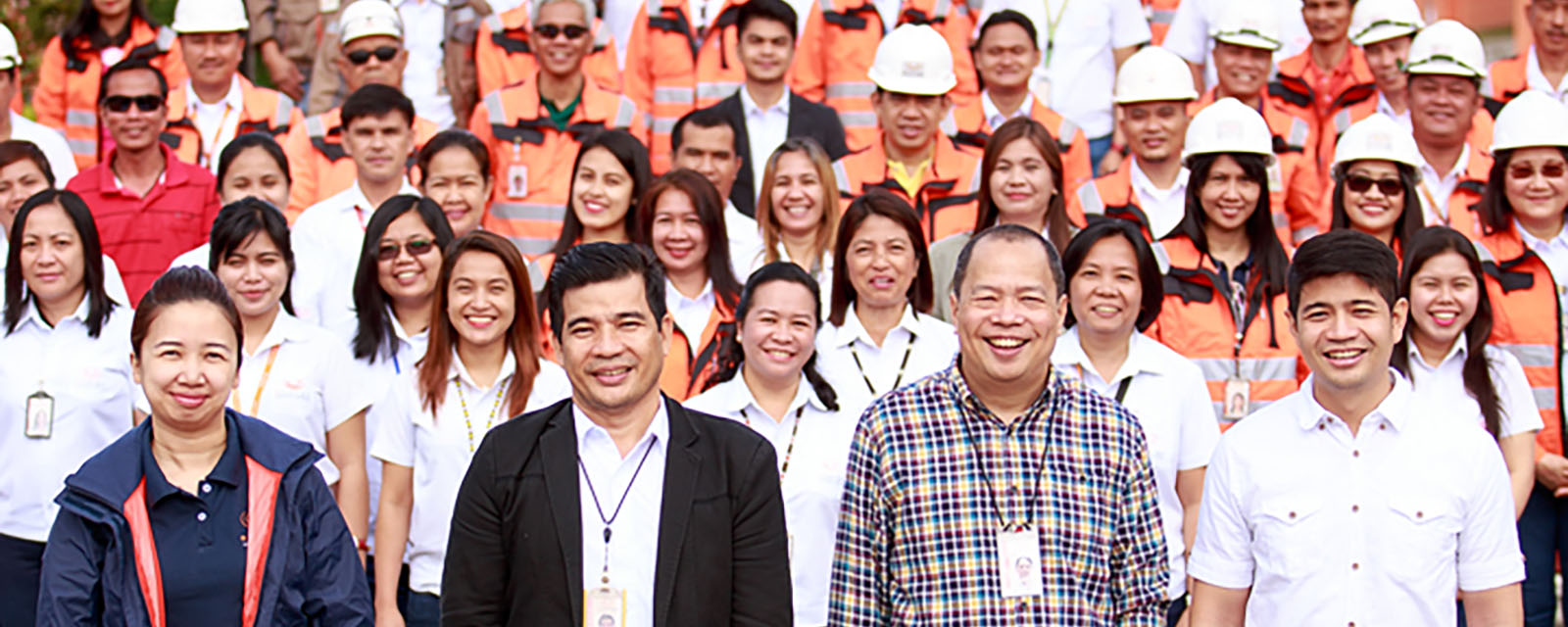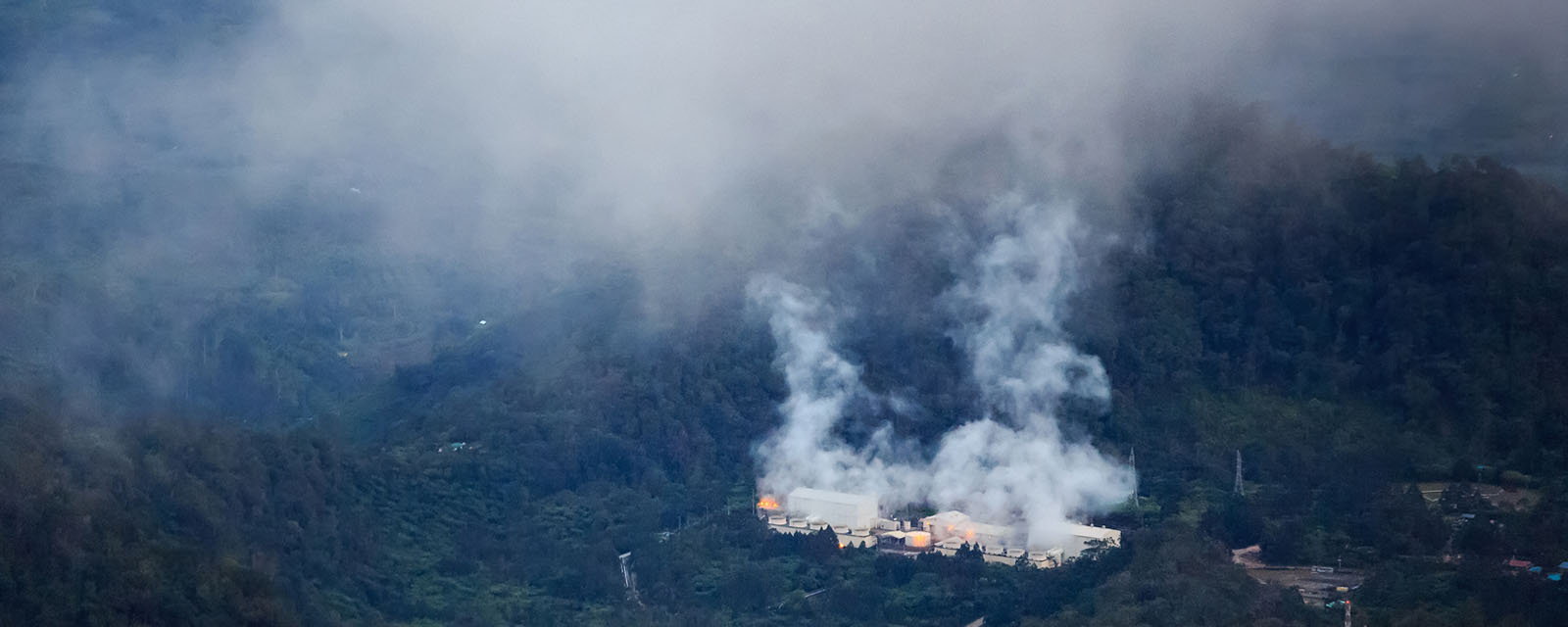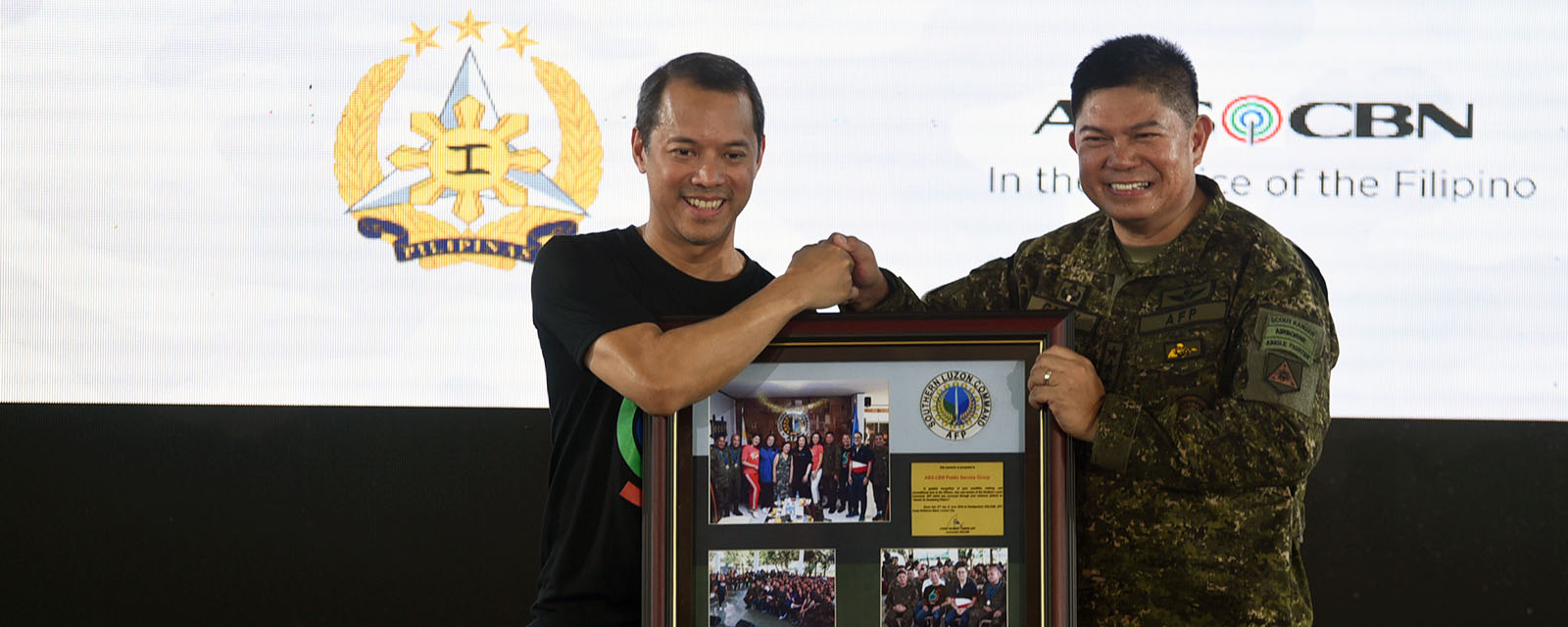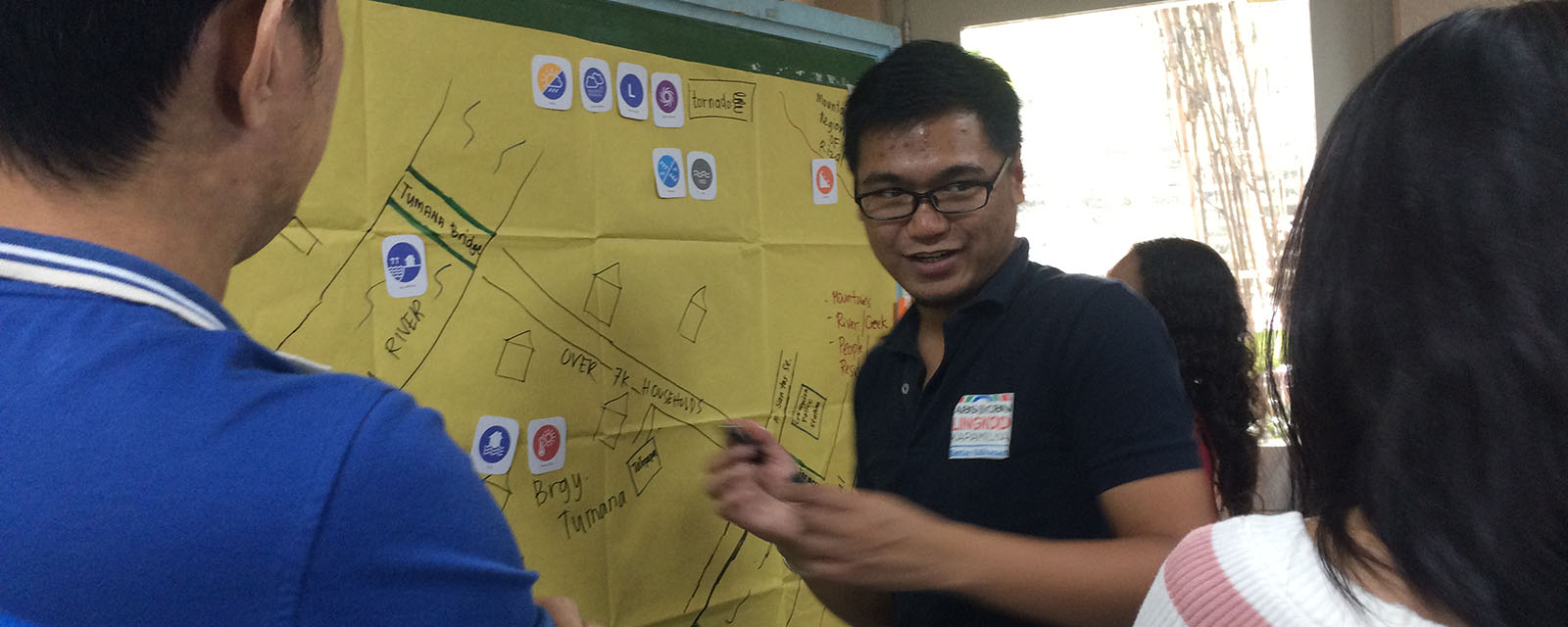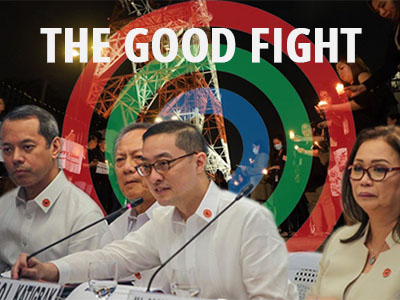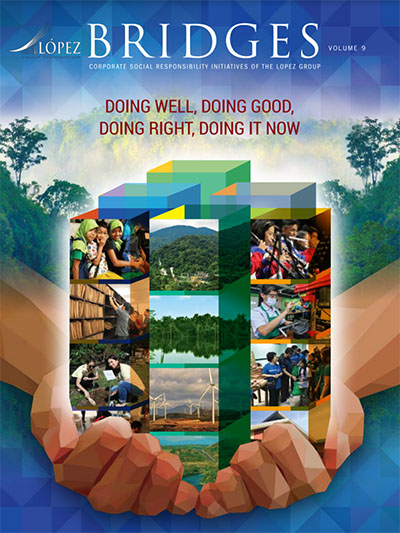THEIR gifts to Filipino schoolchildren have shrunk from satellite dishes six feet in diameter to hard drives as small as a child’s palm.
But despite having reached millions of students over the past 20 years, Knowledge Channel Foundation Inc. (KCFI) remains driven to reach and teach more Filipino youths through its long-standing “classic” programs; it also continues to add to its list of offerings as it keeps abreast with innovations in the education system.
Traditional media roots
KCFI has come a long way from its traditional media roots, when KCFI president Rina Lopez Bautista and her team would crisscross the archipelago to set up the satellite dishes that would provide Knowledge Channel to Filipino schoolchildren.
The satellite dishes, which came in six parts and were assembled on-site, can now be found all over the Philippines.
In 2009, KCFI branched out into more platforms via its Transmedia Group led by Edric Calma, a former professor and ABS-CBN news reporter.
“Aside from videos, we now have a new platform, which was the website. All the shows were there as well as on YouTube. We also came up with games and session guides to supplement the videos,” says Calma, who currently serves as KCFI director for Operations.
In 2011, KCFI loaded all its shows for elementary, high school and the Alternative Learning System (ALS) on laptops for a portable media library. Knowledge Channel has thus gone beyond TV—it was now also online via its website and YouTube channel, and on demand and offline through the Knowledge Channel portable video library.
Today, the laptops have been supplanted by hard drives and by Knowledge TV, a smart TV that comes preloaded with Knowledge Channel videos.
Newest jewel
Basa Bilang is KCFI’s newest jewel, a program for the early grades that, as its name suggests, places emphasis on the foundational skills of language, literacy and numeracy. The foundation aims to produce 1,500 animated videos for students in Grades 1-3 in Filipino, English and math. It is currently piloting the project in schools in Sta. Rosa, Laguna and Makati.
“The feedback that we’re getting is that they love it so much because these videos are based on Department of Education textbooks,” Lopez Bautista says.
“And it’s so much more engaging, because if you have a story that’s in the teacher’s guide but the kids don’t have the books for it, then we create the story in animation.”
Basa Bilang has a counterpart called Program for Inclusive and Innovative Master Educators (PRIME).
KCFI enlisted the help of the five leading Philippine universities in the field of education for the 15-unit, five-module certificate program for K-3 teachers, which is slated for an early 2020 rollout.
“It’s the first time for them to get together for a project like this,” Lopez Bautista says of De La Salle University, University of Santo Tomas, Ateneo, University of the Philippines and Philippine Normal University.
PRIME hopes to train an initial batch of 35 teachers in far-flung areas, who will in turn reach and teach around 3,500 grade school students and more than 100 other teachers.
Basa Bilang, which the foundation started working on in 2018, also became a catalyst for the revamping of the Knowledge Channel internship program.
Now known as Knowledge Channel Volunteer and Internship Program (KCVIP), the new name signifies that “volunteers and interns are very important persons,” Lopez Bautista had said during the recognition event for the latest batch of graduating interns in June 2019.
“It’s still ongoing, we’re still recruiting as many animators and graphic designers as we can get,” Lopez Bautista shares.
Third LAA
KCFI won its third LAA for KCVIP, which was entered in the Operations Management category.
“This time is the first time we entered our nomination in Operations Management, which is about efficiency, effectivity and management processes so that you’re able to, in the corporate world, increase the financial bottom line. In this case, we were efficient and effective not just by thinking out of the box but throwing the whole box away,” notes KCFI Head of Access and School and Community Engagement Doris Nuval.
“So, Rina came upon this idea of massively recruiting interns because we really lack funds to produce. Animation is so expensive to produce, but that’s the most popular genre among our target audience,” Nuval adds.
Thus far, KCFI, with help from more than 300 interns and volunteers from 24 schools, has produced the equivalent of P11.45 million worth of learning materials that are being used by 600,000 teachers and over 20 million students.
TEAM-Mindanao
KCFI had won its first LAA, in the Public Responsibility category, for Television Education for Advancement of Muslim Mindanao (TEAM-Mindanao).
Before moving to Cotabato City to oversee the three-year project, Nuval, then KCFI director of resource mobilization, had asked friends how best to survive a place where the culture was “totally different” and they didn’t know anybody.
“The only people who gave advice were the Christians. They said, ‘Don’t ever mix with Muslims, don’t live in a Muslim area, don’t have anything to do as much as possible with Muslims.’
“I did exactly the opposite, that’s why the project was a success,” Nuval laughs.
TEAM Mindanao provided Knowledge Channel to conflict areas in the Autonomous Region in Muslim Mindanao (ARMM) on the back of a $1 million grant from the USAID.
KCFI’s second LAA in 2016 was given for “Psychological First Aid: Mental Wellness for Educators.”
“Maydalaakong three TV sets, inakapkolang.Yungkasamako,tinutulaknamanyungmga speaker, mgadalanamin,”says Calma of his trip to Leyte in the aftermath of typhoon Yolanda in 2013. “We also brought disaster risk reduction and management (DRRM) materials and DRRM training for teachers. When we got to the schools, we said, ‘We have a surprise for you and for your students.’”
He was met by a teacher who kindly told him they had already undergone training on DRRM from foreign and local organizations.
“I said, ‘What do you need? Maybe something that would help us address the needs of the kids, who were scared whenever it rained or there was news of a typhoon,’” Calma recalls.
PFA program
Together with the Psychological Association of the Philippines, KCFI developed a psychological first aid (PFA) program with a video series and corresponding psycho-social counseling session with teachers and principals who eventually also get trained on conducting PFA and on teaching with 21st century strategies.
KCFI went on to use PFA in various typhoon- and earthquake-stricken areas around the country, and even the zamboanga after the 2013 siege.
The foundation tailor-fits the program to the students’ and teachers’ needs depending on the source of their trauma.
Nuval, a pioneer who retired in 2012 after 11 years with KCFI but rejoined the foundation after a brief sabbatical in Africa, considers having the Knowledge Channel satellite dishes in the four corners of the Philippines a major milestone—they can be seen in Itbayat, Batanes in the north to the southernmost municipality of Sitangkai, Tawi-Tawi; to the west, KCh dishes have been set up in Palawan and as far east as Polillo Island in Quezon.
Calma, for his part, is proud of KCFI’s work across a wide age range, from very young students to mature learners via ALS. But for now, he has his sights set on Basa Bilang:“It will take us five years to complete Basa Bilang. We want to have enough materials for teachers to use every day for the very important subjects—beginning reading in English, beginning Filipino and math,” he says.


